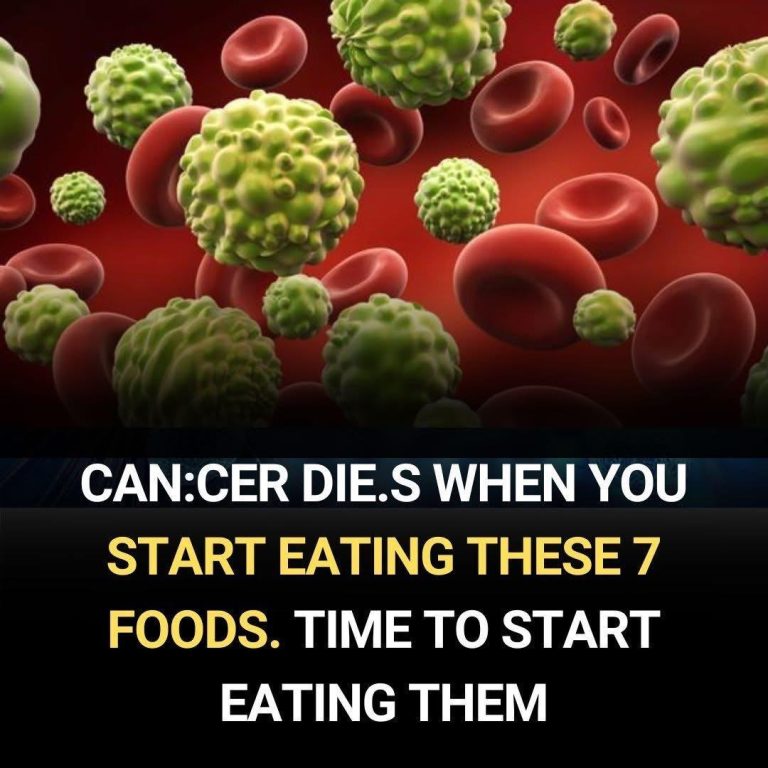ADVERTISEMENT
yellow onion half isolated on white background close up
Source: Shutterstock
Allium vegetables include onions, shallots, leeks, and garlic. While studies of these vegetables’ effect on cancer have been observational, scientists around the world have consistently found a link between eating garlic and onions and preventing cancers of the gut, like colon cancer [13]. In fact, a 2019 study of over 1600 Chinese men and women found that those who ate more garlic and onions had a 79 percent lower chance of developing colorectal cancer [14].
5. Wakame
Chopsticks with Japanese seaweed salad in bowl on table, closeup
Source: Shutterstock
There have been some animal and lab studies to suggest that eating wakame, an edible type of seaweed, can suppress the growth of breast cancer, colon cancer, and kidney cancer cells [15,16]. The success of these studies has not yet been replicated in humans, so more research is necessary to determine the exact role that wakame plays in cancer prevention.
Wakame is also an excellent source of iodine, an essential mineral. When it comes to iodine and disease prevention, studies have shown that either too much or too little can have an effect when it comes to reducing your risk of thyroid cancer [22]. So in this case your goal should be to obtain adequate iodine from your diet. Wakame on average contains around 42mcg [23] of iodine per serving, which is about 28% of your daily intake [24].
6. Lycopene-Rich Foods
Foods rich in lycopene with text Lycopene. Natural food sources of lycopene: tomato, grapefruit, pomegranate, red bell pepper, mango, red onion, cherries and carrot. Health care concept.
Source: Shutterstock
×
There is a growing body of research to suggest that consuming foods rich in lycopene can lower your risk for certain types of cancer, particularly prostate cancer [17]. Lycopenes are a type of antioxidant in the carotenoid family that gives tomatoes, watermelons, and grapefruits their red and pink colors. As a whole, carotenoids have been associated with a lower risk of lung and colorectal cancer [18]. Tomatoes*, guava, watermelon, papaya, grapefruit, and cooked red peppers are all good sources of lycopene.
*Note: Lycopene is actually more concentrated in processed tomato products like sauces, and pastes, and is not degraded by the cooking.
7. Beta Carotene-Rich Foods
ADVERTISEMENT
